Although it's been very mild here in the Pacific Northwest USA, where Lighthoof if based, many of our friends from around the world are experiencing unpleasant coldness right now. Some days might be too cold to ride or work your horse due to ice, difficult respiratory conditions, or general unpleasantness. However, there are still many things you can do to keep your horse healthy and sound during these chilly times.
1. Grooming Time!
Horses mutually groom each other as a comforting social activity. As your horse's partner, you can use this time to bond over a good scratching or curry combing. If you do this loose in his stall, rather than in cross ties, you may find that he decides to groom you back by rubbing his lips and teeth back and forth on your back or arm. Most horses, if allowed, will keep this activity pleasant, but sometimes a little nip can occur so keep an eye on your horse while he's grooming you to make sure he understands that's not something you are interested in. If he wants to be aggressive about it, the best bet is to keep grooming one-directional. Although fungal and bacterial skin conditions aren't as common in cold weather, it's important for your horse's health to get the mud off and stimulate his circulation. You can just stick with the curry if you are short on time. No need to brush manes and tails every day, just make sure he gets a good rub down including his legs and belly. Don't forget to pick hooves. This can be easy to skip if you aren't getting ready to ride, but ice chunks, rocks and frozen mud can be very uncomfortable and can create a wet hoof environment once thawed.
2. Check Under His Blanket
If you have a spare blanket of an equal weight, it's a great idea to swap them out every few days. If not, make sure to at least run an arm under the blanket to make sure he's not sweaty or dirty under there. Preferably remove the blanket and take a look at your horse's condition. Horses have higher feed energy requirements in extreme cold, so if those aren't being met he could be loosing weight. Be sure to put your hands on your horse since fluffy coats can be deceiving. Run your ungloved hand from nose to tail and down each leg to check weight and look for injuries.
3. Maintain Proper Hydration
Ice in buckets, frozen hoses, chilly water. All of these can contribute to dehydration for your horse. Providing fresh, temperate water during long periods of freezing weather can be a major chore, but it's so important to your horse's health. If you do only one thing at the barn, make it providing the best possible water source for your horse. Here are some tips on keeping your horse hydrated in winter: 6 Ways to Get Your Horse to Drink More Water This Winter Many people feed bran mashes in winter to provide additional water to their horses. However, studies have shown that high levels of bran in the diet can upset the crucial calcium to phosphorous ratios (bran is high in phosphorous) and doesn't actually provide much digestive benefit. A better alternative to a daily bran mash in the cold months is a mash made from beet pulp and/or a forage pellet such as alfalfa or timothy pellets. These are delicious, provide additional forage and can hold a ton of water for the amount of feed. Make sure they are fully soaked and soft before feeding and use as much warm water as possible!


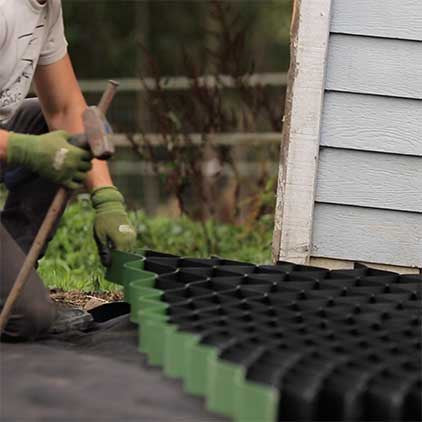
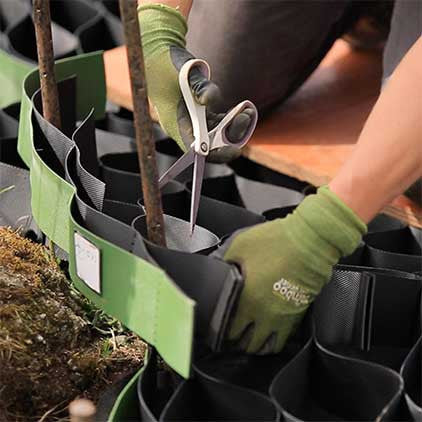
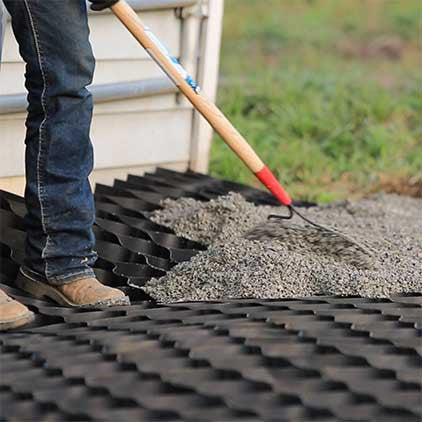
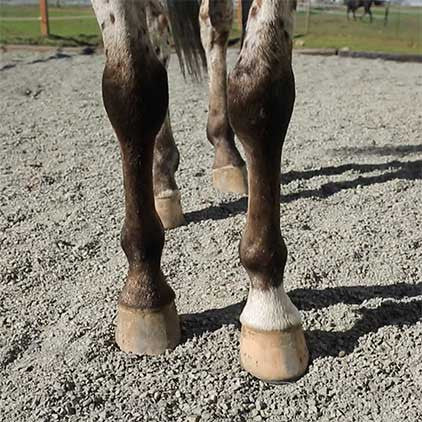
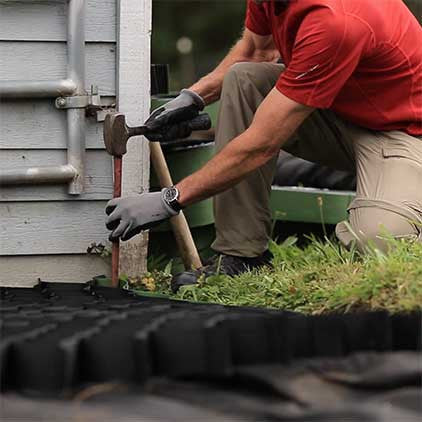
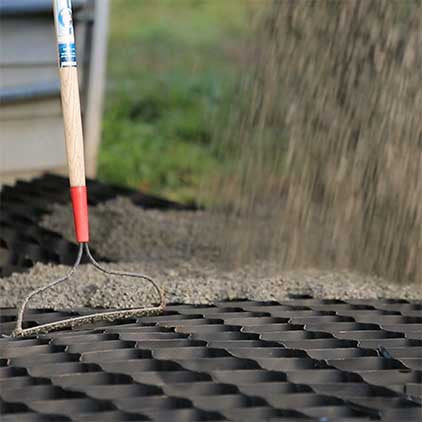
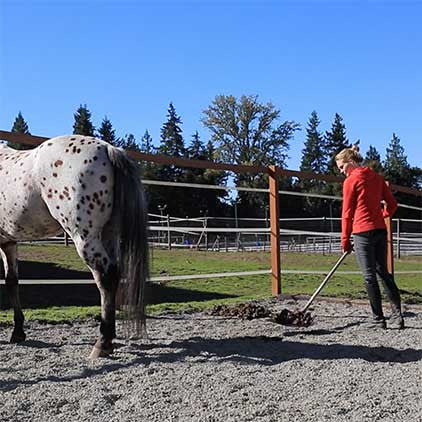
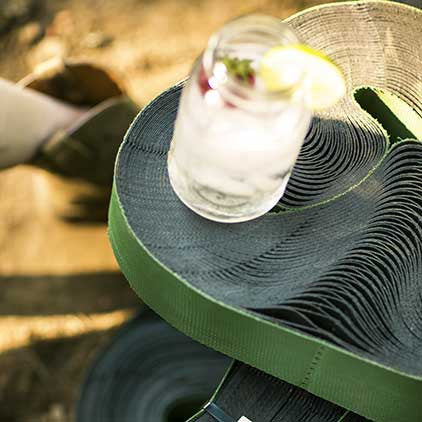
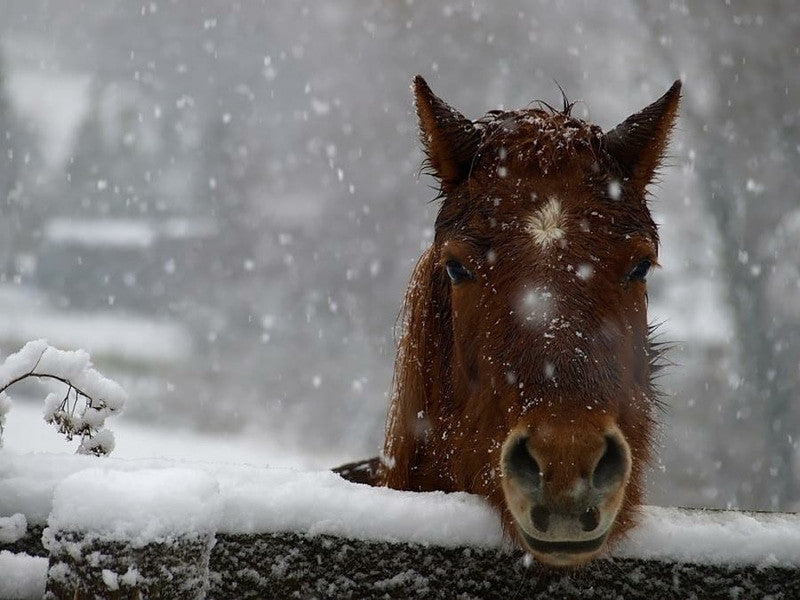
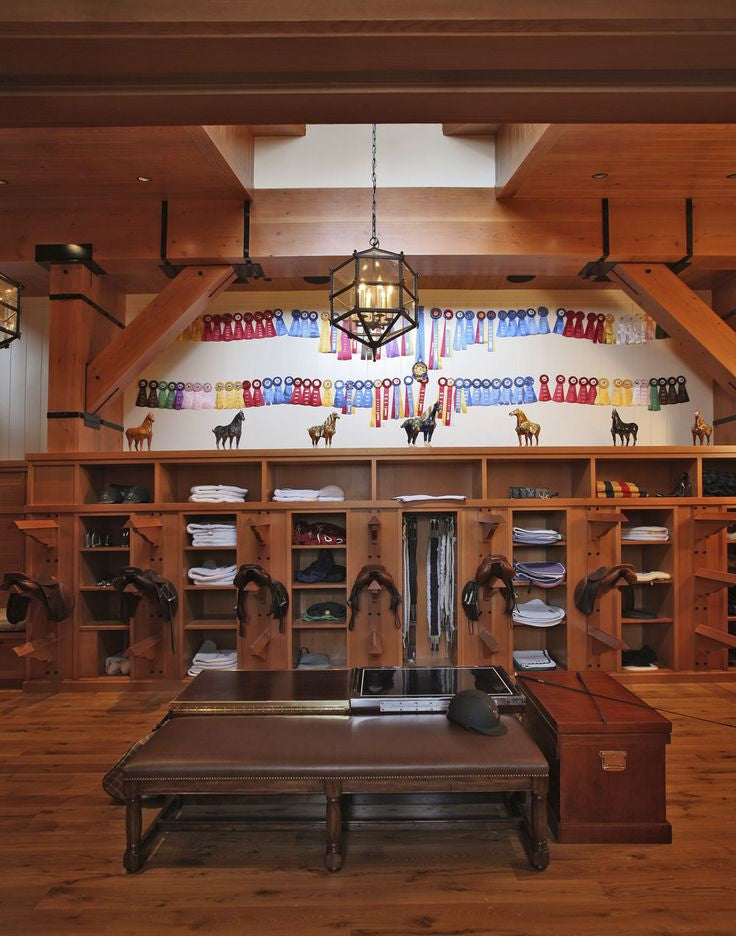
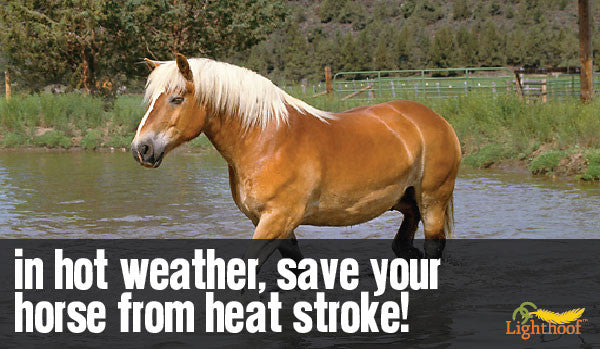
Leave a comment
This site is protected by reCAPTCHA and the Google Privacy Policy and Terms of Service apply.